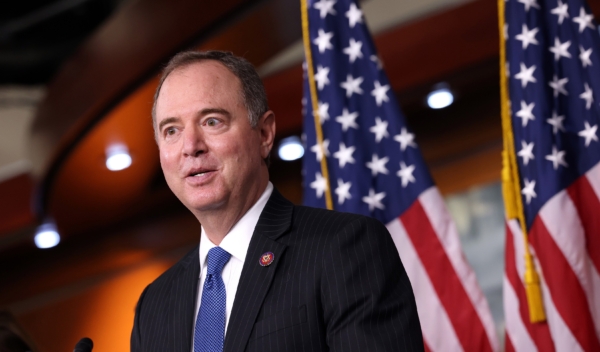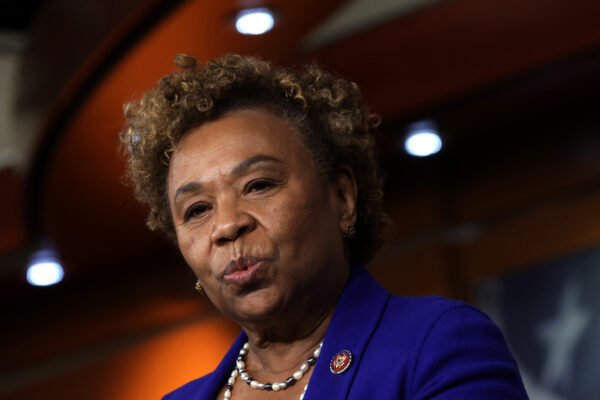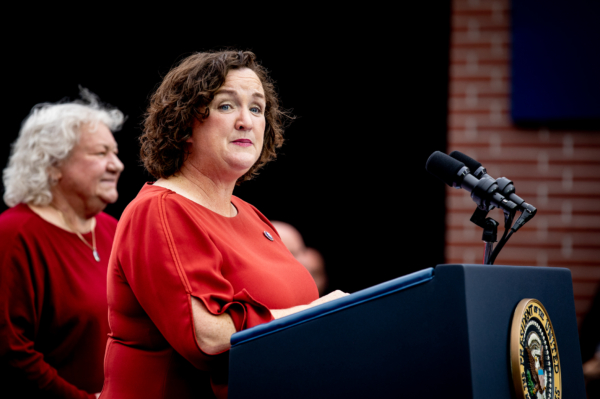California candidates running for an open Senate seat in 2024 have raked in millions in donations since the beginning of the year, according to the latest Federal Election Commission (FEC) filings.
So far, 25 candidates are running for Sen. Dianne Feinstein’s seat. In February, the five-term senator announced her intention to retire at the conclusion of her term, which ends Jan. 3, 2025.
Rep. Adam Schiff (D-Burbank), who is in his 12th term in the House of Representatives, received nearly $15 million from Jan. 1 to June 30. Most of his contributions are from individual contributors. The candidate reported taking in $14.8 million from individuals.
Despite spending nearly $6.3 million, Mr. Schiff, according to FEC filings, has nearly $30 million in the bank.

Like other politicians who hold federal office, Mr. Schiff was able to transfer the balance of his campaign funds collected during previous campaigns. He first took office in Congress in 2001.
His substantial war chest is nearly three times larger than current frontrunner Rep. Katie Porter.
Ms. Porter, a progressive who narrowly won her second term in Congress in 2022, announced her candidacy in January and has so far collected about $18.7 million since then. After spending nearly $8.3 million thus far this year, she still has $10.4 million in cash on hand.
Another congresswoman running for the seat is Rep. Barbara Lee (D-Oakland). Ms. Lee has collected more than $2.3 million and has spent $937,000, leaving her with $1.4 million cash on hand, according to the latest FEC filings.

Race Tightens
A recently released survey of California voters shows a tight race developing between Ms. Porter and Mr. Schiff.
Ms. Porter was polling ahead of Mr. Schiff and Ms. Lee in the survey released this month by the Public Policy Institute of California, a nonpartisan think tank.
Results of the statewide survey fielded July 7 to July 29 showed likely voters favored Ms. Porter with 19 percent of the vote, compared to Mr. Schiff at 16 percent, and Ms. Lee at 13 percent.

Mr. Schiff has faced opposition from the Republican-led House this year and was censured last month for comments he made about investigations into former President Donald Trump’s alleged ties to Russia, which have now been debunked. Republicans also plan to launch an ethics investigation into Mr. Schiff’s conduct, according to the Associated Press.
Despite the controversy, he has earned the endorsement of former House Speaker Nancy Pelosi, who has given him $4,000 from her own campaign account, and an additional $10,000 from her political action committee “PAC to the Future,” the Federal Election Commission data showed.
In the public policy institute survey, six Republican candidates received less than 10 percent of the vote.

Republican candidate and attorney Eric Early, of Los Angeles, led Democratic candidates in a poll conducted by the University of California–Berkeley. In the May poll, Mr. Early earned 18 percent of the vote, followed closely by Ms. Porter, who earned 17 percent, and Mr. Schiff, who garnered 14 percent. However, 32 percent of voters surveyed said they remained undecided and 10 percent said they would vote for “someone else.”
In terms of fundraising, Mr. Early trails the top Democrats, according to his latest FEC filing.
As of June 30, he has received about $200,000 from individuals and has collected a total of about $226,000. After spending nearly $146,000 on his campaign, Mr. Early has about $80,000 on hand for the race, but also owes $103,000 in loans to his campaign.
Former Google executive Lexi Reese, a Democrat, rounded out the list of top fundraisers in the race, receiving $1.1 million by the end of June, according to the FEC. Most of those funds came from individual donors, who contributed more than $818,000 to her campaign.
Ms. Reese also loaned her campaign nearly $300,000. Her current ending balance of cash on hand is around $625,000, although she owes $140,000 in campaign debt.
Primary in March
California’s primary election is set for March 5, 2024.
The state’s voting system—sometimes referred to as a jungle primary—allows all voters to cast votes for all candidates, regardless of party affiliation. Only the top two candidates move to the November general election.
Ms. Feinstein, who turned 90 in June, first began serving as a senator in California in 1992. She has been under fire this year for a three-month absence as she dealt with health issues.
A survey released June 12 by Emerson College, however, found a majority of California voters—or 63 percent—want the longtime senator to resign early and allow Gov. Gavin Newsom to appoint a successor to finish her term.








